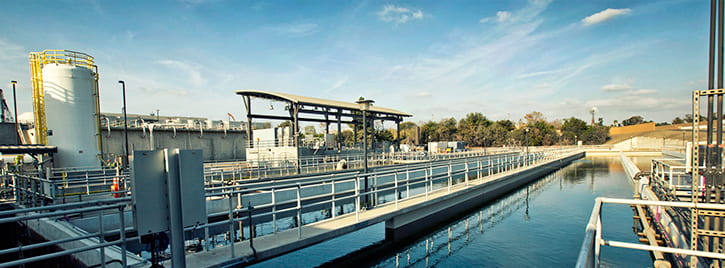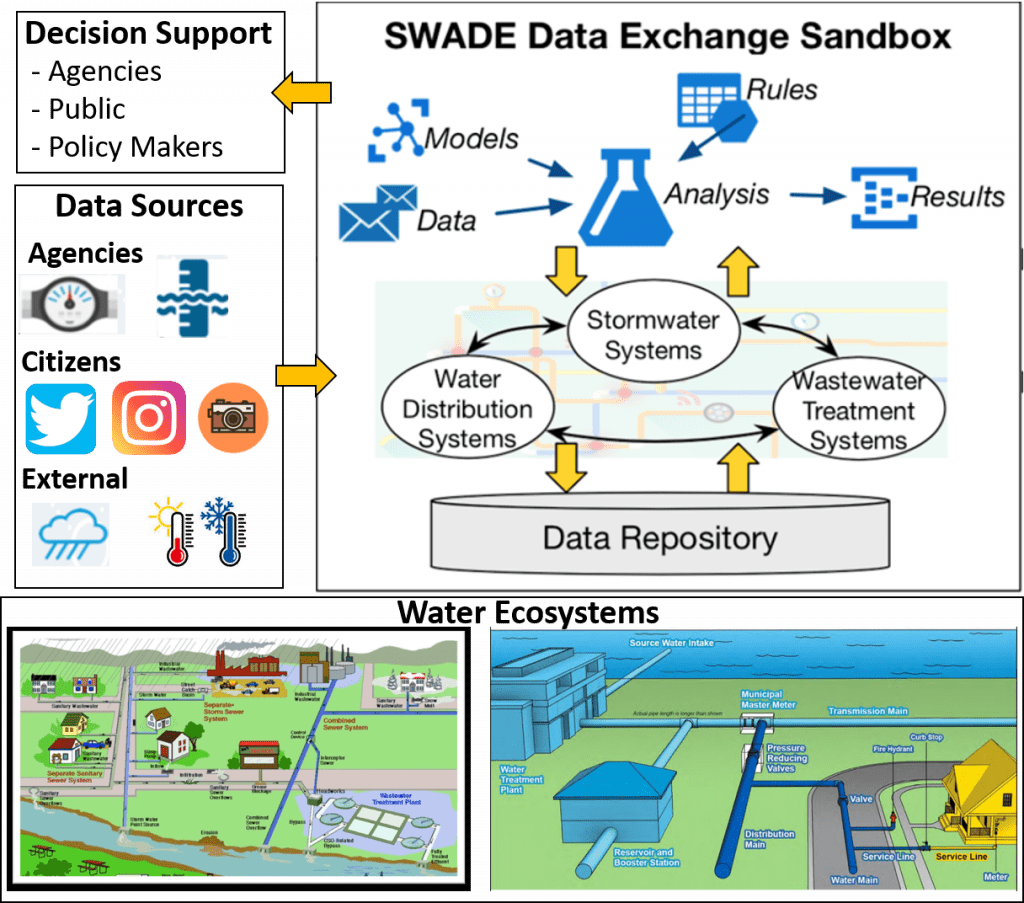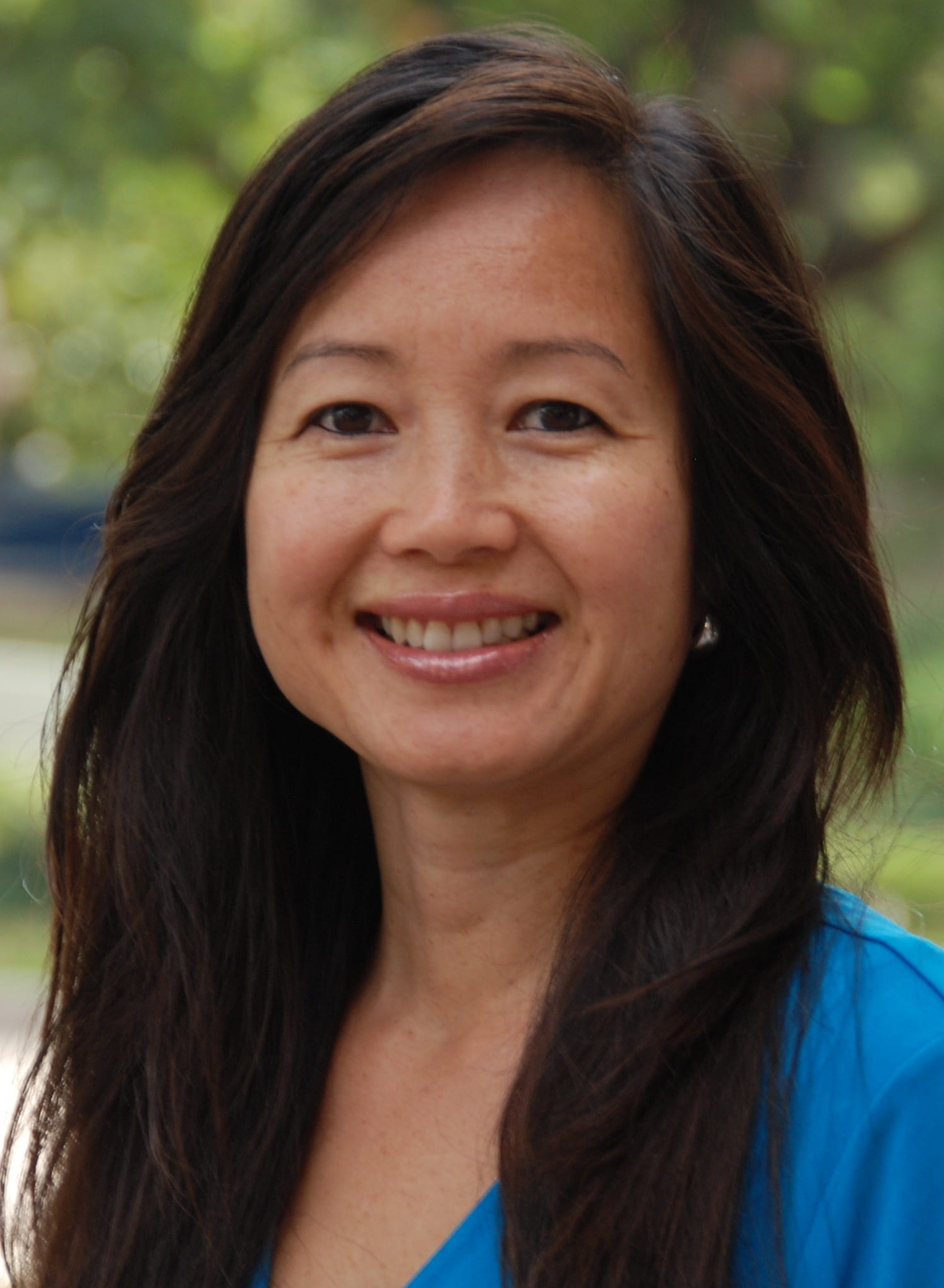Liquid assets
Interdisciplinary UCI team receives NSF grant to improve water infrastructure

Can emerging technologies help alleviate water reliability concerns in various communities by minimizing waste, supporting conservation and providing a resilient and safe supply? This is the question researchers in the Donald Bren School of Information and Computer Sciences are working to address with a $1.5 million grant from the National Science Foundation through its Smart and Connected Communities program.
“We hope to develop next-generation water infrastructures using a data-centric approach where data integration and analysis from multiple sources can help improve resilience,” says Nalini Venkatasubramanian, professor of computer science, leader of the project titled Creating an Extensible Data Exchange and Analytics Sandbox for Smart Water Infrastructures.
The goal, she says, is to foster greater interoperability between drinking water, stormwater and wastewater infrastructures.
A Cross-Disciplinary Mission
The three water infrastructures are currently designed and operated separately by an array of local governments, water districts and regulatory agencies — all subjected to stress caused by aging, urbanization, failures, extreme events and demand/supply variabilities.
To address these issues, Venkatasubramanian is working with an interdisciplinary team of researchers and practitioners in computer science, civil engineering, public policy and social ecology to create a Smart Water Data-Exchange framework.
“The project will take a holistic approach to the infusion of new technologies into water infrastructures,” she says, “accounting for the engineering aspects of this really old set of systems, as well as policies that can have societal and environmental impacts.”
Her collaborators include Sharad Mehrotra, a fellow professor in the Department of Computer Science; Shangping Ren, a professor of computer science at San Diego State University; Ronald Eguchi, a civil engineer and CEO of ImageCat Inc., a company focusing on infrastructure resilience; and David Feldman, director of Water UCI which facilitates multidisciplinary research to advance policy solutions that address the critical water problems facing California and beyond.
“The policy and societal challenges of mining, using and sharing water data across agencies, communities and sectors is an activity that exemplifies our cross-disciplinary mission,” says Feldman.
And what exactly is that mission?
“The advent of so-called smart water systems — the growing digitalization of water flows, water meter data, sound detection tools and development of platforms that can analyze, model and even automate certain water distribution and management functions at the city level,” he says.

The team will work with multiple water agencies, such as Orange County Public Works, the Los Angeles Department of Water and Power, the Irvine Ranch Water District and City of Chicago Wastewater Reclamation authorities.
Support for Smart Water Systems
The SWADE framework will serve as a repository for collecting and analyzing information about diverse community water systems, allowing communities across the U.S. to share lessons learned and conduct experiments to better understand design choices as they invest in water systems.
Key to developing the SWADE framework is leveraging recent advances in the internet of things, relying on strategically placed sensors and big data systems to analyze the complex and inter-related platforms using artificial intelligence and machine learning.
“We want to help cities more effectively manage the water they have,” says Venkatasubramanian. “The use of IoT technologies and data-driven methods can help monitor the multiple systems, isolate failures rapidly or trigger measures to improve water quality, which can help reduce the cost of transporting clean water.”
Interoperability of data and policies for data sharing between organizations are required for this. “A variety of data management issues arise in this context — from techniques for cleaning and enriching data for better decision-making to filtering and obfuscation techniques to ensure data security,” says Mehrotra, a data management and security expert.
Another priority is community engagement and equity through an interconnected knowledge network that encourages ongoing and continual communication. “Innovations to the water infrastructure must engage diverse community partners,” Venkatasubramanian explains, “so that it can benefit all and not disenfranchise anyone.”
By the end of the three-year project, SWADE will become a repository of innovative tools and technologies that researchers and government officials can use to design improved water systems. “We hope that stakeholders will be able to leverage models in SWADE to rapidly create ‘digital twins’ of their own infrastructures, which they can then manipulate using ‘what-if analysis’ tools based on their community’s unique needs and available funding,” she says. “I’m really excited to get started on this project!”
– Shani Murray, UCI
